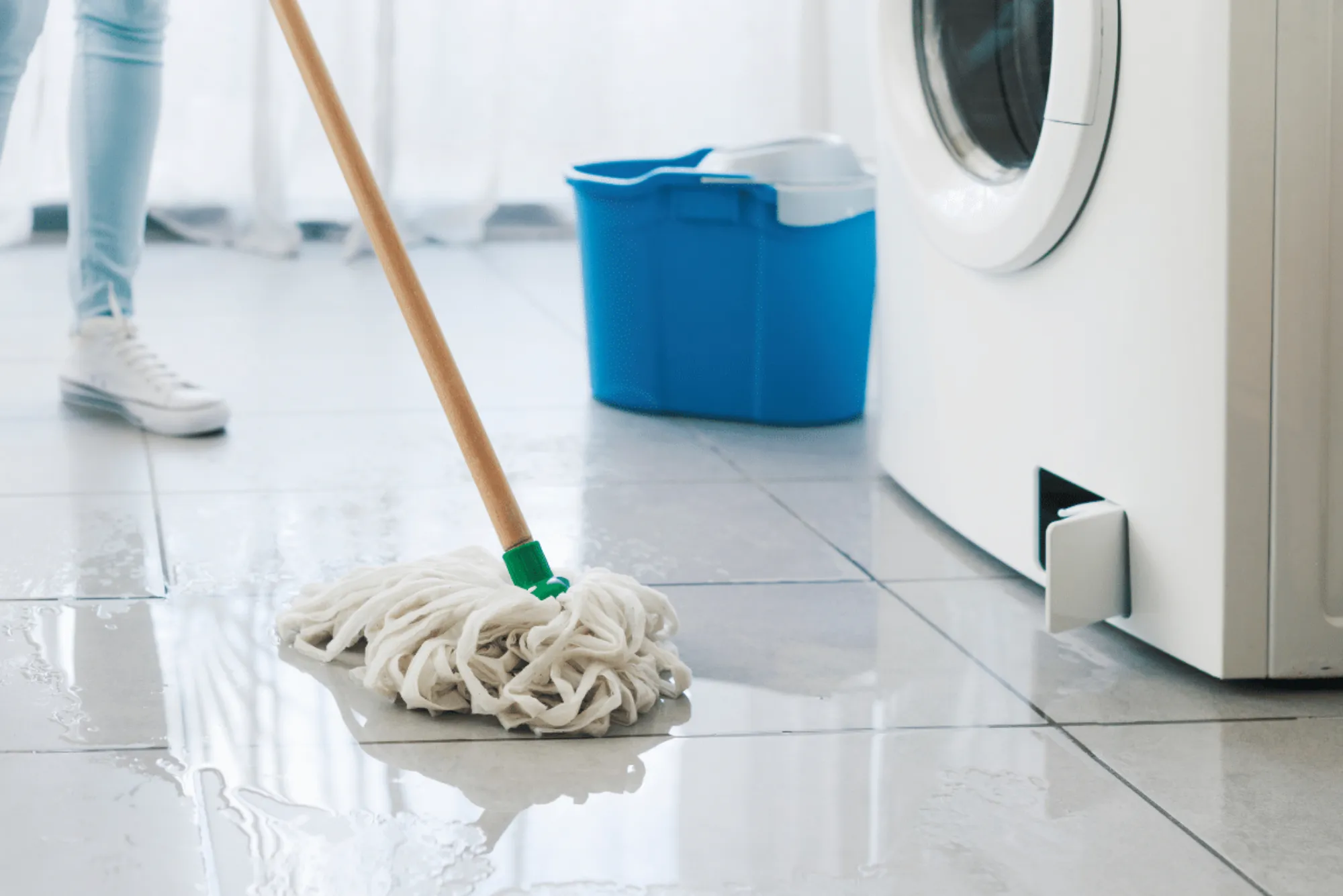Home improvement casting refers to the intricate process of selecting participants, experts, and personalities for home improvement shows.These shows, ranging from reality renovation programs to DIY instructional series, have become a staple in the entertainment industry, offering both educational content and engaging entertainment.
The casting process is crucial in ensuring that the right mix of skills, personalities, and on-screen presence is achieved to create compelling and authentic content.
This article will delve into the complexities of home improvement casting, providing detailed insights into its processes, challenges, and future trends.
Historical Context
The evolution of home improvement shows dates back to the early days of television, with pioneering programs such as “This Old House” setting the stage. Over the decades, these shows have grown in popularity, influencing the development of various formats and genres.
From Bob Vila’s iconic presence to contemporary hits like “Fixer Upper,” home improvement casting has played a critical role in the success of these programs.
These shows have not only provided entertainment but also educated viewers on various aspects of home renovation, design, and maintenance, thereby fostering a culture of DIY and home improvement.
Understanding Home Improvement Casting
What is Home Improvement Casting?
Home improvement casting involves the selection of individuals who will participate in home improvement shows. This process is distinct from other types of casting due to its emphasis on practical skills, personality, and on-screen presence.
Unlike traditional acting roles, participants in home improvement shows need to demonstrate real expertise in renovation, design, or DIY projects, as well as the ability to effectively communicate and engage with the audience.
Types of Home Improvement Shows
Home improvement shows come in various formats. Reality renovation shows focus on real-life renovations and the challenges involved.
They often follow homeowners or professionals as they tackle renovation projects, providing insights into the process and highlighting both the successes and setbacks.
DIY instructional shows provide viewers with step-by-step guides on home improvement projects, aiming to empower viewers to undertake their own projects with confidence. Competition-based shows add an element of excitement and suspense by featuring contestants competing in renovation or design challenges.
Participants often face tight deadlines and unexpected obstacles, making for engaging viewing. Home makeover series are centered on transforming homes for deserving families or communities, often featuring dramatic before-and-after transformations and involving surprises for the homeowners.

The Casting Process
Initial Planning and Conceptualization
The casting process begins with the development of show concepts and the identification of target audiences and goals.
Producers and creators outline the type of participants needed and the skills required. This stage involves brainstorming and refining the show’s premise, ensuring that it will resonate with viewers and stand out in a competitive market.
Criteria for Selection
The selection criteria for participants vary depending on the show’s concept. Some shows may require professional experience in construction or interior design, while others might look for passionate DIY enthusiasts.
Practical experience in home improvement is crucial, encompassing skills such as carpentry, plumbing, electrical work, landscaping, or design. Equally important are personality traits and on-screen presence.
Participants need to be charismatic, possess strong communication skills, and have the ability to engage viewers. They must be comfortable on camera and able to explain their work clearly and confidently.
Application and Audition Process
Potential participants typically submit applications online or through casting calls, often requiring detailed information about their experience and a video introduction. The audition process usually includes initial screenings, interviews, and sometimes practical demonstrations.
Producers look for candidates who can effectively communicate their expertise and connect with the audience. Successful applicants highlight their relevant skills, showcase their personality, and demonstrate their enthusiasm for home improvement.
Being authentic and passionate about the work can set applicants apart from the competition.
Roles and Responsibilities in Casting
Casting Directors and Producers
Casting directors and producers are pivotal in the casting process, collaborating closely with show creators to select the right participants. Their roles include reviewing applications, conducting auditions, and ensuring a diverse and dynamic cast.
They must balance finding skilled professionals with individuals who have engaging personalities and can handle the pressures of filming. Casting directors and producers play a critical role in shaping the show’s narrative by selecting participants who will resonate with viewers and contribute to the show’s success.
Participants
Participants are expected to bring their expertise and personality to the show. Their roles can vary from hands-on renovation work to providing design advice and engaging with the audience.
Participants must be adaptable, able to work under tight deadlines, and comfortable sharing their process and personal stories on camera. The success of the show often hinges on the participants’ ability to connect with the audience and deliver compelling content.
Supporting Cast and Crew
The success of home improvement shows also relies on the expertise of supporting cast and crew members, such as designers, builders, and other professionals who contribute their skills and knowledge.
These individuals often work behind the scenes to ensure the smooth execution of projects, provide additional expertise, and assist the main cast. Their contributions are vital in maintaining the quality and authenticity of the show.
Challenges and Considerations
Ethical and Legal Considerations
Ensuring a diverse cast that fairly represents different demographics is crucial. This includes considering gender, ethnicity, age, and background to create an inclusive and relatable show. Legal contracts and participant rights must be clearly defined to protect participants and outline their commitments.
This includes understanding compensation, duration of involvement, and any exclusivity clauses. Transparent and fair practices are essential in maintaining the integrity of the casting process and the trust of participants.
Logistical Challenges
Aligning the schedules of cast, crew, and production timelines can be complex. Filming often requires participants to take time away from their regular jobs, which needs careful planning.
Budget constraints also play a significant role, as managing financial resources effectively is essential to ensure quality production. This includes budgeting for materials, labor, and unforeseen expenses.
Effective logistical planning is critical in ensuring the smooth operation of the show and the successful completion of projects.
Quality Control
Ensuring participant compatibility is vital for a harmonious and productive set environment. Casting directors must select participants who can work well together and with the production team.
Maintaining authenticity and viewer engagement is also crucial. Viewers expect realistic and achievable projects, not just dramatic television moments.
Balancing entertainment with genuine home improvement content is key to retaining viewer trust and interest.
Case Studies and Success Stories
Popular Home Improvement Shows
Successful shows like “Fixer Upper,” “Property Brothers,” and “Extreme Makeover: Home Edition” offer valuable insights into effective casting strategies.
These shows have built loyal followings by delivering high-quality content and showcasing impressive transformations.
The key factors in their casting success include charismatic hosts, engaging storylines, and expert craftsmanship. By analyzing these shows, we can identify the elements that contribute to their popularity and learn how to replicate their success.

Participant Experiences
Testimonials from past participants highlight the impact of these shows on their careers and personal lives. Many have leveraged their TV exposure to launch successful businesses, publish books, or become influencers in the home improvement industry.
Their stories underscore the opportunities that arise from being cast in home improvement programs. These success stories provide inspiration for aspiring participants and demonstrate the potential benefits of participating in such shows.
Future Trends in Home Improvement Casting
Emerging Trends and Innovations
The influence of social media and online casting is increasing. Platforms like Instagram and YouTube have become valuable tools for discovering talent and promoting shows. Social media allows for a broader and more diverse pool of applicants, and it enables shows to engage directly with their audience.
Technological advancements, such as the use of virtual reality and advanced filming techniques, are also enhancing the viewer experience. These technologies can provide immersive project walkthroughs and interactive elements, making the content more engaging and accessible.
Audience Preferences
Shifts in viewer interests are influencing casting decisions. There is a growing demand for eco-friendly designs, smart home technology, and diverse representation.
Shows that can adapt to these trends are more likely to resonate with modern audiences. Understanding and responding to audience preferences is crucial for the ongoing success of home improvement shows. By staying attuned to viewer interests, shows can remain relevant and continue to attract loyal viewers.
Home improvement casting is a multifaceted process that requires strategic planning, attention to detail, and a keen understanding of the audience.
From selecting skilled participants to overcoming logistical challenges, casting directors play a vital role in the success of home improvement shows.
The process involves a careful balance of finding the right mix of expertise, personality, and on-screen presence to create engaging and authentic content.



